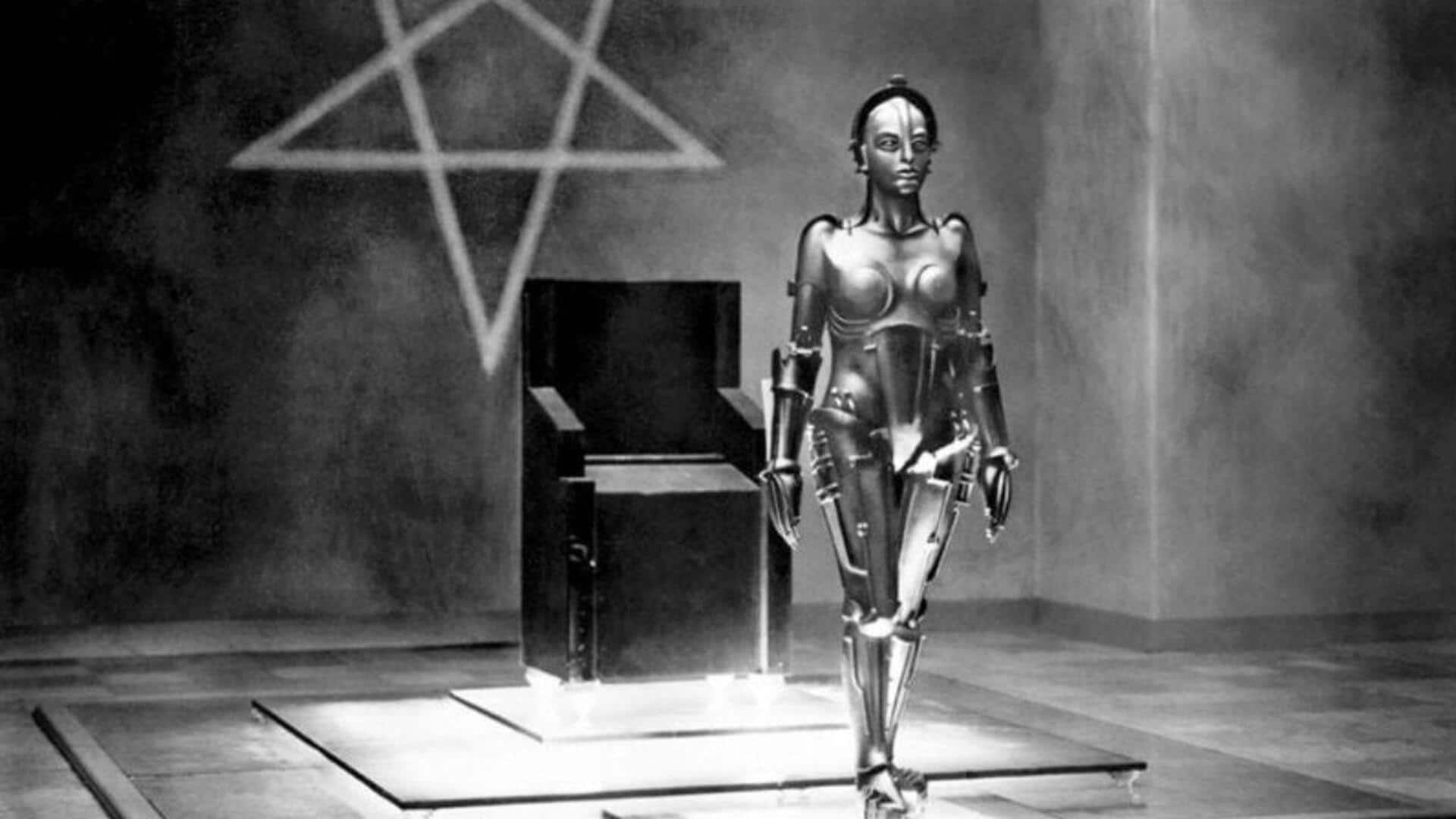
From 'Metropolis' to 'Ex Machina': Robots's big screen evolution
What's the story
The portrayal of robots in US cinema has changed drastically over the decades, mirroring the leaps in technology and our lives. From early depictions as mere mechanical beings to complex characters with human-like traits, robots have become a staple in science fiction films. Here, we explore key milestones in the cinematic journey of robots and how these portrayals have changed the way we perceive technology.
#1
'Metropolis' and early robot depictions
The 1927 film Metropolis introduced one of the earliest cinematic representations of robots. The robot Maria was shown as a humanoid machine, representing industrialization's effect on society. This film paved the way for future robot portrayals by focusing on themes of control and rebellion. It showed how robots could be utilized to delve into complex social issues, setting the stage for their continued presence in cinema.
#2
Rise of AI: '2001: A Space Odyssey'
The 1968 movie 2001: A Space Odyssey took a huge leap with HAL 9000, a fictional AI system. Unlike previous mechanical portrayals, HAL was defined by its ability to think and feel. This representation emphasized fears of AI going beyond human control and questioned the ethics behind technology development.
#3
Human-like robots: 'Blade Runner' influence
Released in 1982, Blade Runner introduced us to replicants—robots so human-like, one could not tell them apart. The film was the perfect exploration of identity and humanity with its take on advanced robotics capable of emotions and self-awareness. By blurring lines between humans and machines, it forced us to rethink what it is to be human while touching upon the dangers of creating life-like machines.
#4
Modern era: Robots as protagonists
In recent years, however, films like Ex Machina (2014) have shifted focus towards exploring relationships between humans and robots more intimately than ever before. Seen on screen previously portrayed primarily antagonistically or subserviently, now often depicted as protagonists themselves. Engaging audiences emotionally and intellectually alike, prompting reflection upon the implications of technological advancements on personal and societal levels alike.